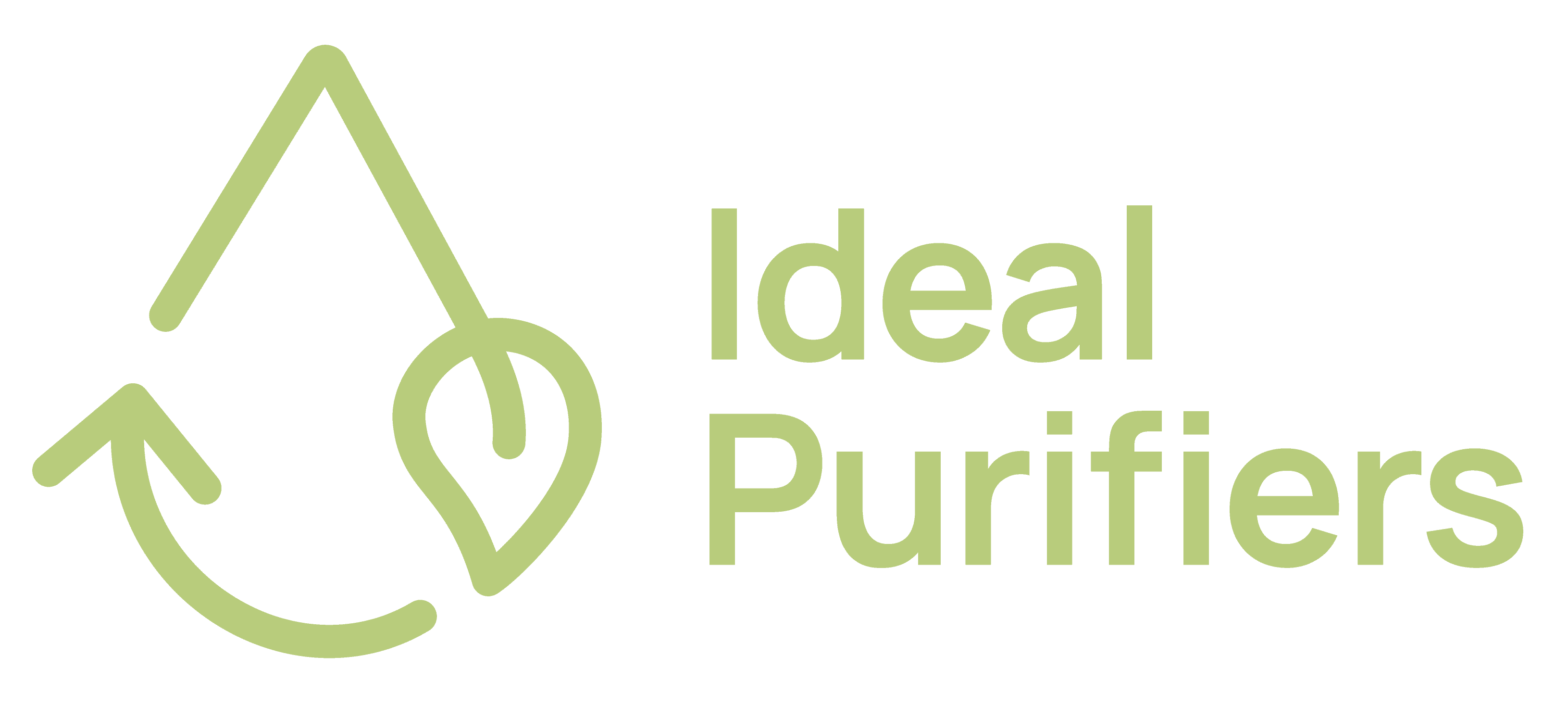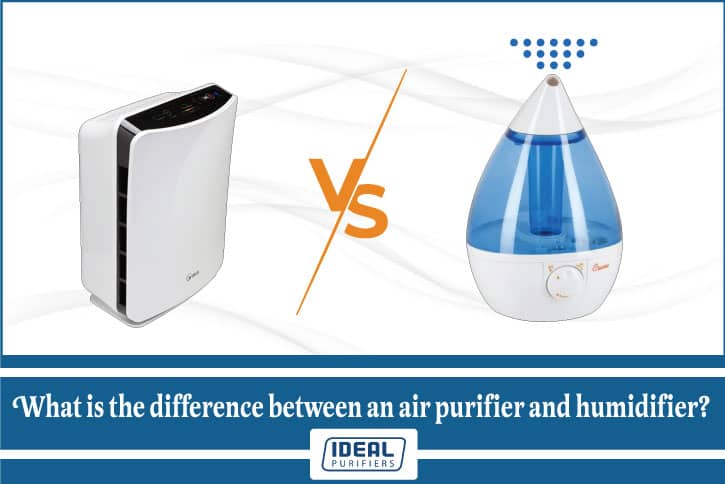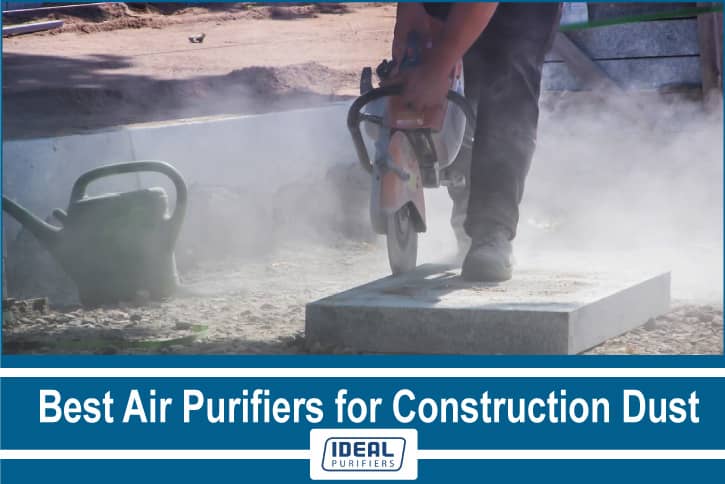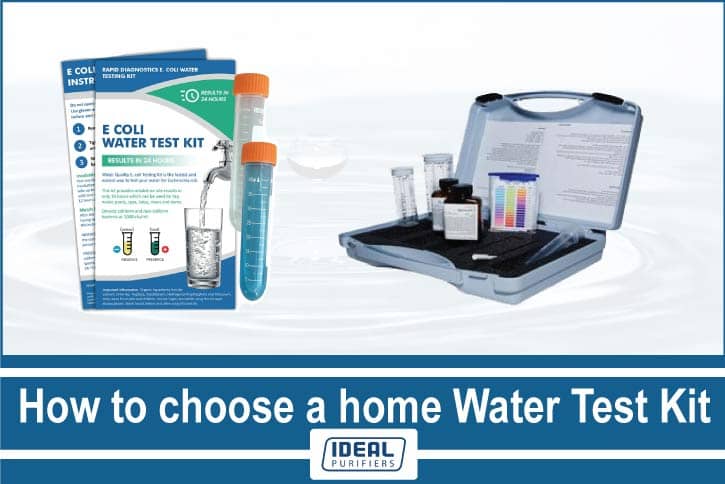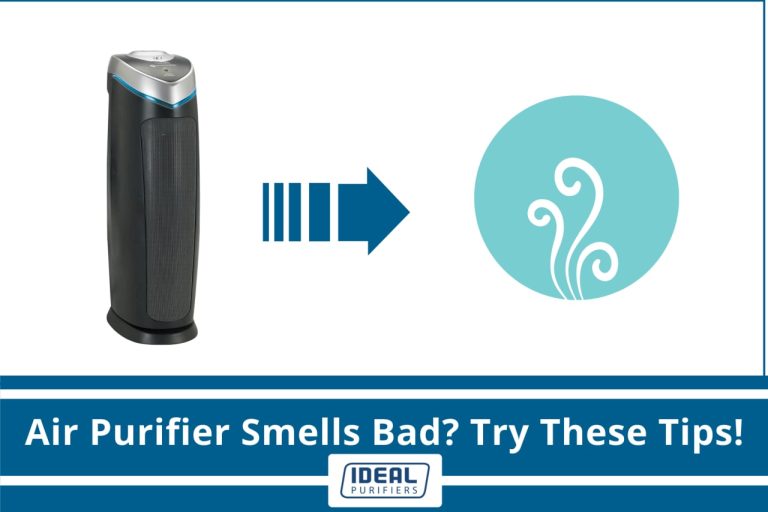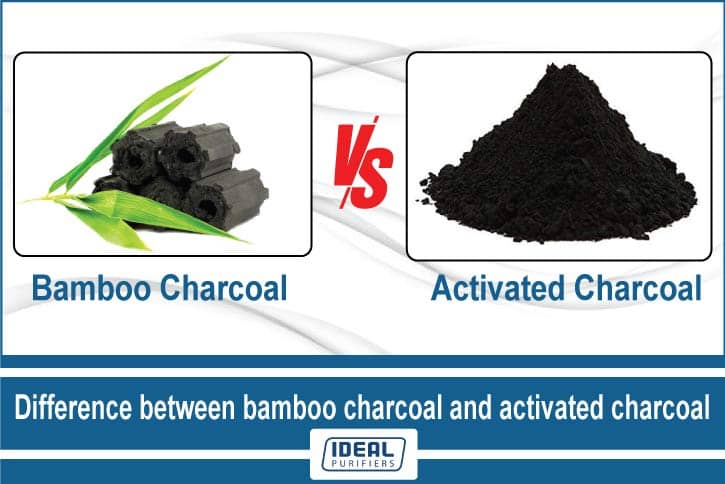Suppose you are looking for allergies, dry air, and anything that helps with breathing or want a healthy environment for the benefit of the baby. In that case, you need to know what is the difference between an air purifier and humidifier? Learn how they work and how they work. Humidifiers and air purifiers affect breathing in the home. They do these things for different purposes.
We will discuss the operation of the devices, the safety measures, and which of the humidifiers and air purifiers should use for which situation.
Table of Contents
The dissimilarity between an air purifier and a humidifier?
Air purifiers usually remove contaminants from the air and neutralize harmful substances in the air. There are two paths to the detoxification process. Mainly one of its wings pulls the wind towards itself. Second, its filter page frees the air by removing harmful substances from the air. In most cases, air conditioners use traditional HP brand new filters made with PECO technology. Air purifiers do not humidify the air like any AC.
Humidifiers, on the other hand, do no such thing. They boil steam and combine water with air. They use a leaf and a fan to convert water into steam. When used in Norway, instead of boiling water, the effect is later on the lung tissue. This is because ultrasonic humidifiers introduce harmful substances into the air when the water changes. Researchers recommend applying pure boiling water and cleaning the device regularly.
How will humidifiers and air purifiers affect health?
The effects of air on humidifiers and air purifiers on physical health are as follows:
Allergies and Hapani: Air purifiers are designing to isolate air allergens. Animal shells, dust, or mold germs include allergens. Patients suffering from allergies and asthma have seen to use this type of air purifier to brush allergens. Allergen particles float in the air. Being extra small, they can achieve the status of several hours at a time. Despite being so little, the particles are caught in the air filter.
But humidifiers have nothing to do with this allergen level. Humidifiers do not treat any symptoms of asthma. In contrast, humidifiers can increase the risk of these allergens. These causes are due to improper cleaning of humidifier filters. Its filter becomes ineffective if not cleaned, which interferes with the work of the filter. This is why humidifiers do not have much effect on allergies and asthma.
Cold, respiratory irritation, and flu: Usually, purifier shots trap air particles. Although the viruses in the particles are tiny, they can bypass the air filters. Purifiers may not have much effect on colds or work. Air purifiers can greatly affect any respiratory ailment as they are capable of relieving respiratory conditions. Studies have shown that humidifiers are capable of trapping flu-induced viruses.
The humidifier humidity level is excruciating for any virus. As a result, cold sores cannot stay in the air. According to a 2013 study by Lepidus, humidifiers transmit 40 to 60 percent of the virus through air humidity. Humidifiers work well enough to keep you healthy, even if you can’t cure them when you’re sick. Humidifiers are usually able to prevent itching, dryness, and sore throat.
Dry air: Air purifiers can never increase the humidity of the air. These cannot affect the work in dry air. Resulting in bronchitis exacerbates respiratory problems, including sinusitis and allergies.
Humidifiers can generally increase air humidity from the former. As a result, the relative humidity of the air also changes or grows. If the humidifier is on during the winter, it causes a sore throat or nose.
Air Purifiers and Humidifier difference: Which works best for different conditions?
In the case of a baby- A humidifier can work well in dry air. They are Reducing itching, nose-throat pain, dry cough as a result. Using moist air destroys harmful germs for children. However, tiny germs can kill the humidifier. Eliminating germs will reduce the symptoms of colds and coughs in children. But the humidifier may not work correctly when the winter air is flowing. Reduces viral and bacterial infections by retaining 40-60 percent humidity.
Allergen– Air purifiers help reduce allergens. The HPA filtered air purifier unit keeps the particles in the shield. This technology destroys the germs along with the roots.
A humidifier is a tool that helps reduce any pain in the nose, throat, or breathing. But for allergies, these tools can lead to worse conditions as they increase the durability of high humidity air dust.
Air purifier or humidifier for Asthma: Air humidifiers can solve the problem of air dust. The solution is to reduce the symptoms of allergies. However, humidifiers do not seem to cure bronchial allergies. The germs of bronchial allergy in humid air increase rapidly. Dangerous dirt mites can grow bacteria. Pollutions are regularly attacking the air and increase bronchial allergies. Air cleaners usually impair the growth of bronchial allergies.
Both the air humidifier and the air purifier need to operate correctly to get results. As the humidifier creates dirt quickly, it needs to clean every few days. Boiling water should provide in the humidifier to prevent the particles from re-attaching to the air. The particles can cause severe damage to the lungs, especially for infants and young children. Lastly, to maintain air purifiers, regular filters need to be cleaned and replaced.
Air purifier vs humidifier for baby: Air purifier for baby
How safe is an air purifier for children? Parents give their utmost attention to the protection of the child’s health. So parents rely on air purifiers for the safety of their child or protection from harmful substances. The question is that arises in the minds of many is how safe is the air purifier for children?
A 2013 study found that the air density inside the house is higher than the air density outside. From this, it can easily say that the concentration of hazardous chemicals inside the house is increased. Usually, children take in more air than an adult. The body absorbs more than 50 percent of the air per pound of weight. That’s why you must be careful about the indoor air. You must know how many chemicals or toxins are present inside the house. If there are excess minerals in the place from the danger zone, should take appropriate measures. Excess chemicals increase headaches, dizziness, sore throat, itching, etc. We already know that air purifiers reduce the symptoms of such problems by absorbing air dust or minerals.
When can an air purifier be dangerous?
In some cases, airtight gases emit another on them, such as the ozone generator emits ozone as its material. Avoid air purifiers that release ozone. This is because the effects of ozone irritate the respiratory tract, and its UV rays may reason for coughing, shortness of breath, sore throat, and chest pain.
Fatigue and constant tiredness will lead to Weight loss. Respiratory problems are Lowering your body’s resistance to infection.
How can air purifier be a safe solution for children?
The air purifiers attached to the traditional HPA filters are safe for children. They mix chemicals and mineral particles in the air to keep children’s breathing risk-free. Parents should clean the filter block of the air purifier regularly. Parents have some responsibilities in this case.
1. Don’t smoke indoors.
2. Instead of using chemicals for children’s safety, buy and use natural products, such as baking soda and lemon juice.
Humidifier for baby:
If the infant has a cold or cough, he needs to have an air humidifier in his room. Due to the humidifier, humidity frees the house from harmful effects for the baby. The point is, use a humidifier when you are healthy and not a humidifier when you are sick. The best advantage of using a humidifier is that it is making a kind of noise.
This sound causes the baby to fall asleep. According to pediatricians, children prefer a somewhat noisy state to a quiet one. You can use a humidifier if your child is not panicked by any sound.
Types of Humidifiers and How They Work
Cold mist humidifier: This type of humidifier creates pressure in the water and converts it into multiple tiny particles. The air particles are releasing again in the open space. One of the cons of this sort of humidifier is that it repels germs with the air. But it has many advantages. Why would you prefer a cold mist humidifier? When all the companies in the developed world depend on chemicals, only humidifiers depend on water. All types of humidifiers are always instructing to be kept clean.
Warm mist humidifier: It works by evaporating water. To create moisture inside the house, they release the brightness inside the house in water vapor. In this process, any harmful germs are killed when water is pressurized and heated. However, always keep this type of humidifier away from the baby. Again the use of this humidifier requires more power.
Non-filter or filter humidifier: In the modern era, humidifiers are equipping with sophisticated filters. They destroy the germs in the air. Filters for this type of humidifier need to be changed twice a month or once a week. However, the filters can be cleaned and replaced. These types of humidifier tools are expensive, but they provide long term service.
How does an air purifier work?
Air purifiers generally rely on filters to remove harmful airborne particles. Such air purifiers convert the surrounding air into pure air by filtering out toxic substances.
First, the cost of electricity in the air purifiers is high. Then the filter replacement and cleaning work have to be done. As a result of working on air purification, it cannot filter tiny air particles. These particles cause respiratory irritation. Air purifiers’ function is to pull air through the filter and apply pressure to the open air.
Features and benefits of Purifier
1. Preserves and provides clean air for the baby.
2. These types of air purifiers may be the best option for people with allergies. However, it cannot solve many problems (eyes, sore throat).
3. Air purifier provides better service for asthma patients.
How does an air humidifier work?
Using a humidifier will keep your throat and mouth moist all the time. This type of air affects respiratory function. Many people ask, does the humidifier clean the air? Humidifiers do not clean the air but provide moisture. Humidifiers are useful for sinusitis or any irritating, painful problem.
Features and Benefits of Humidifier:
- The humidifier is more beneficial for the baby. The turbulence they create in the air makes the baby comfortable for the baby.
- Humidifiers are usually just as useful for patients with asthma.
- Humidifiers work well for asthma patients. While humidifiers may not cure asthma forever, they do increase the risk of asthma.
Related post : Best Place to Put Air Purifier
FAQs:
1. Is air purifier and humidifier the same?
Air purifiers purify the air by removing air minerals. In this case, it depends heavily on the filter. Air purifiers are not responsible for air humidity. Humidifiers, on the other hand, do not remove air from any layer. They evaporate and release air. In the case of implementation, they depend on a fan of a leaf.
2. Can you use an air purifier and humidifier together?
The functions of an air purifier and a humidifier are entirely different. The air purifier destroys the air’s harmful particles, and the humidifier adds moisture to the air. They can be used together as they do different things. It can be used in the same room as needed. However, keeping them close to each other can be dangerous to use. Air purifiers are those that destroy harmful substances.
On the other hand, humidifiers add moisture to the air, which can cause the air filters to become stagnant. Because of this, many germs can get stuck in the filter. But by placing them close, you can notice the tendency to attract minerals from the air purifier. To avoid this problem, you can use them on opposite sides of the house.
3. What is better for a baby humidifier or purifier?
Both humidifiers and air purifiers can be considered suitable for the baby. However, the researchers advised not to keep the humidifier on all the time. If the filter of the air purifier works properly, you can purify the air around the baby.
Final thought:
What is the difference between an air purifier and humidifier? The difference is that they purify the air using a filter. The other converts air into water vapor and destroys life in its boiling state.
Cleanliness is the key to good health. So no matter what air purifier or humidifier you use, it is your responsibility to keep it clean. You already know that air purifiers work through filters. The air purifier cannot remove dust from the air if the filter is unclean.
The humidifier evaporates the air and disperses it into the open air. If this water transfer is unclean, then the air released inside the house is contaminated. So it is your homage as a parent to take care of cleanliness at all times.
